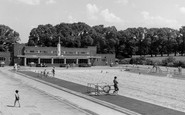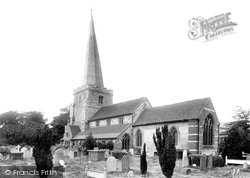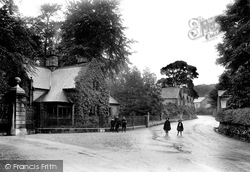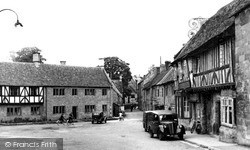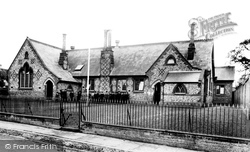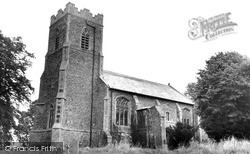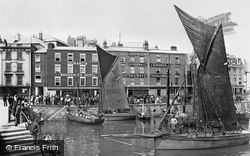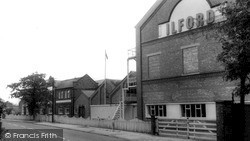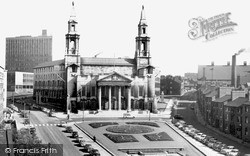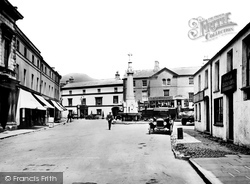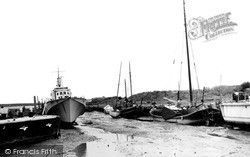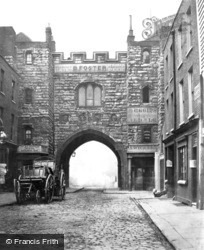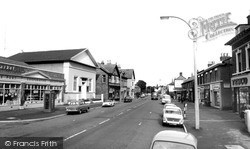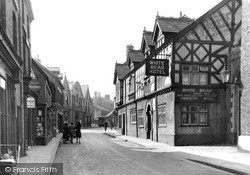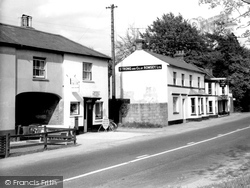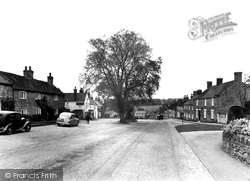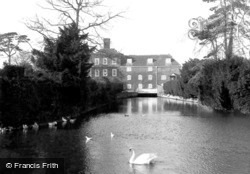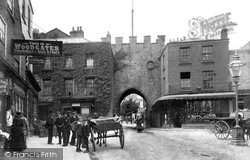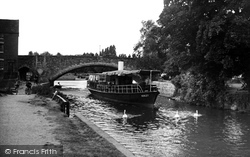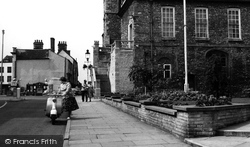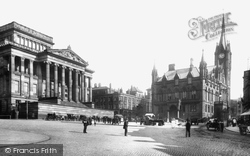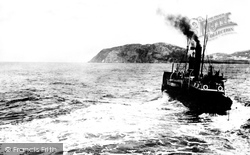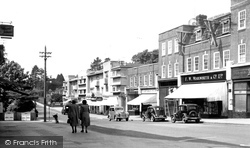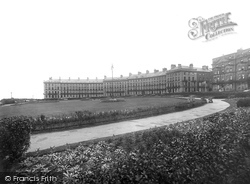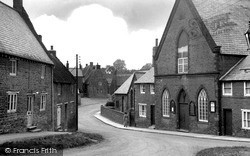Places
Sorry, no places were found that related to your search.
Photos
5 photos found. Showing results 881 to 5.
Maps
83 maps found.
Books
Sorry, no books were found that related to your search.
Memories
1,128 memories found. Showing results 441 to 450.
Early Times In Colindale
I was born after the war and lived in Sheaveshill Avenue until I was married in 1971. I lived in a house that which had the dubious distinction of being directly opposite to the Titanine paint factory on the other side ...Read more
A memory of Colindale in 1956 by
Lindfield School Hyde End House
Lindfield School, Hyde End House, Brimpton. I would love to hear from anyone who has memories of Lindfield School, Hyde End House, Brimpton. I was there from when I was six until I was eight, between 1947 - ...Read more
A memory of Brimpton in 1947
James Victor Nash
Does anyone please have knowledge of the children of JAMES VICTOR NASH and his wife Ivy (she was Anglo Indian) who lived in GG in the mid 1900's. They had 5 (?) children and I would VERY MUCH like to contact any remaining ...Read more
A memory of Gilfach Goch in 1950 by
Up The Wood
We had no TVs, and there was not much on the radios so we made our own entertainment. One activity was playing up the local wood. We had two woods close to East Howle. One was called the Side Wood and the other was known as the ...Read more
A memory of East Howle in 1950 by
Our First Visit To Eyam
My husband's family comes from the Derby area. Our son is very proud of his Derbyshire roots, and sought to buy a house close to Derby yet - if possble - in a village in the Peak District. He and his wife spent many days and ...Read more
A memory of Eyam by
In Memory Of My Grandparents
Mr Gran and Grandad had their home in North Stoke, a Mr and Mrs Sallis (Elizabeth and Arthur). They lived in Calendula Cottage, as it was called then. My mother had three sons, Ray the oldest, Tony, and ...Read more
A memory of North Stoke by
Angmering On Sea Beach Huts
I first went to Angmering after the war. My grandparents lived there and we used to spend time there in the summer. In those days there were no such things as beach furniture or pic-nic equipment. We had an ex army ...Read more
A memory of Angmering in 1950
When I Was A Child
We lived in the hamlet of Saham Waite - about a 2 mile walk for my mother with the pram and 3 older kids every time she needed some shopping. My Granny worked as a cook/housekeeper for a nearby farm and I think we got the ...Read more
A memory of Saham Toney in 1956 by
Police Houses
I used to live with my aunt and uncle at 10 the Crescent from 1948 to 1954. It was a fantastic life there with woods to play in, and streams to divert. An absolute paradise. As young children we could play all day in the woods in ...Read more
A memory of Hindlip in 1948 by
Happy Childhood Memories By Maria Lonergan
I stayed at Heswall Children's Hospital from Janurary 1980 to June 1980. I really enjoyed my time while there so much, that when my mum decided it was time for me to leave, I was so upset. I wanted to ...Read more
A memory of Heswall in 1980 by
Captions
1,233 captions found. Showing results 1,057 to 1,080.
However, it still manages to retain much of its village atmosphere. Its church is at least 13th-century in origin, though the larger part is later medieval.
Holker is very much an estate village for workers on the estate of the Cavendish family, who have been here since 1756.
It is interesting that the little cars and vans looked so much more friendly in these times: they are not ostentatious, and they leave room for these pedestrians and cyclists to roam carelessly
The British School of 1859, demolished in the late 1960s, was much like the National School, now Andover Primary School (C of E Controlled) which still thrives today in lower East Street.
There is a blocked arch under the window, where a chapel has been demolished. The porch has an unusual extra buttress which here masks some of the decoration over the door.
During the 1880s and 1890s there were about 200 hookers registered locally, and as they rarely spent more than twenty-four hours at sea, much of the town's fresh fish was landed from them.
The buildings by the road have been sold off recently and the land, like so much in Mobberley, is being developed for housing.
The civic hall was designed by E Vincent Harris and opened with much ceremony in 1933, with temporary stands being erected for spectators.
The bus advertising E A Beveridge & Co and the cars are of an earlier vintage, but the buildings still look much the same.
The sailing barges look very much at home bottomed- out on the creek mud.
The photogapher was standing in St John's Lane, which leads under the arch into St John's Square.
Today Little Sutton has become a suburb of the much newer town of Ellesmere Port.
Salt was a very important commodity in the past, so much so that salt ('sal' in Latin) was often used as a means of payment for soldiers in the Roman army - hence our words 'salary' today.
Much of this land is now an industrial estate.
The wide main street of the village of Coxwold has not changed much since the days when Laurence Sterne, the author of Tristram Shandy, was vicar from 1760 until his death in 1768.
The scene has not changed too much today, as the suburban growth of New Sarum has stopped short of the site of its neolithic ancestor.
It could be a sign of the times that Curtis & Co on the corner by the arch no longer sell shoes; the premises are presently occupied by an estate agent.
Abingdon's bridges were built in 1416-17 widened in 1820 and substantially rebuilt in 1927; the wide central arch dates from this rebuild.
At the right we can see the medieval arches of St John's Hospital at ground floor level with the sashes of the former Council Chamber above; the stone external staircase was added in 1958.
It burnt down in 1947, and after much debate, the ruins were cleared away in the early 1960s.
In those days railway companies were forbidden from owning passenger ships without Parliamentary approval, a fact not lost on the LB&SCR's arch-rival the London & South Eastern.
The Heath itself is much reduced, but in places you can still find the early spacious villas where they have not been swept away for blocks of flats.
It was there that he started to write his most famous book, 'Dracula', setting much of it in Whitby. Alas! Before the crescent could be completed Hudson's fame and his money ran out.
The stone-built Gothicky Methodist Chapel of 1835 with its pretty arched windows is next to the old school of 1878, now used by the Moulton Theatre.
Places (0)
Photos (5)
Memories (1128)
Books (0)
Maps (83)

